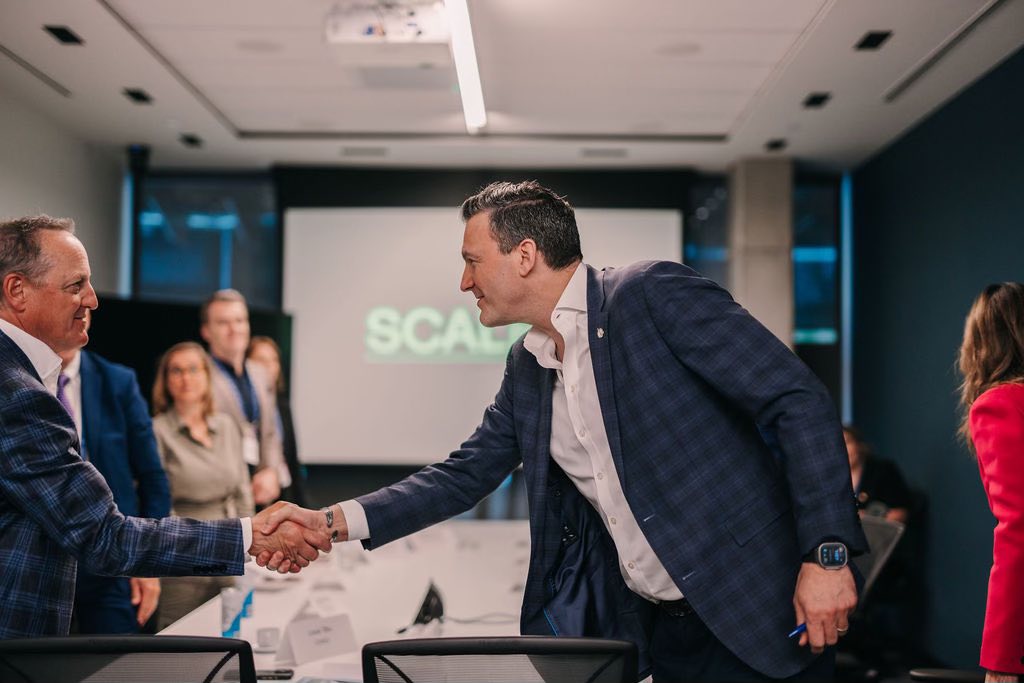Canada’s AI Task Force needs a Civil Society and Communities council, advocates say
Why It Matters
Minister Solomon’s rapid “national sprint” of public consultations has drawn criticism from academics and the social purpose sector alike. The new campaign provides practical and tangible steps that the Minister and the Task Force can take to ensure that Canada’s approach to AI remains equitable, accessible and accountable.

A coalition of leaders across the social impact sector say the federal government needs to create a Civil Society and Communities Council alongside the newly appointed AI Task Force.
The campaign – called Canada’s AI: Our Voices, Our Futures – also suggests the government commit to ongoing community engagement rather than one-off surveys with marginalized groups.
The coalition also wants to see the development and adoption of a Public Benefit and Equity Test that would assess the impact of each AI recommendation on communities, labour and skills, the environment, data and accountability.
“If we scale AI without facing the gaps in inclusion, governance and accountability, we don’t just scale innovation, we scale harm and we deepen the trust gap,” said Norman Valdez, CEO of BrainTrainr and an emerging technology fellow at Community Foundations of Canada.
Leaders at the Centre for Social Innovation, The Dais, the Ontario Nonprofit Network, Islamic Family, and Technology Helps have signed the open letter. The campaign became public at the end of Minister Evan Solomon’s national, 30-day public consultation, which will help shape Canada’s renewed AI strategy.
Minister Solomon – who was appointed Minister of Artificial Intelligence and Digital Innovation in May 2025 – also announced Canada’s AI Strategy Task Force, a group of academics, researchers, private sector representatives, and public interest organizations.
Among them is the Canadian Union of Public Employees and the First Nations Technology Council. The coalition of social impact leaders has described the Task Force as “industry-dominated.”
“There are almost no seats at the table for Indigenous peoples, Black communities, newcomers, persons with disabilities and other equity-seeking groups, or for the civil society organizations that hold trust [and] relationships,” added Alex Tveit, co-founder of the Sustainable Impact Foundation and another emerging technology fellow.
These oversights in AI policy are not only unjust, but also risk creating “brittle” policies altogether, Tveit said.
Future of Good reached out to Innovation, Science and Economic Development, and the office of Minister Evan Solomon. We did not hear back from either prior to publication.

